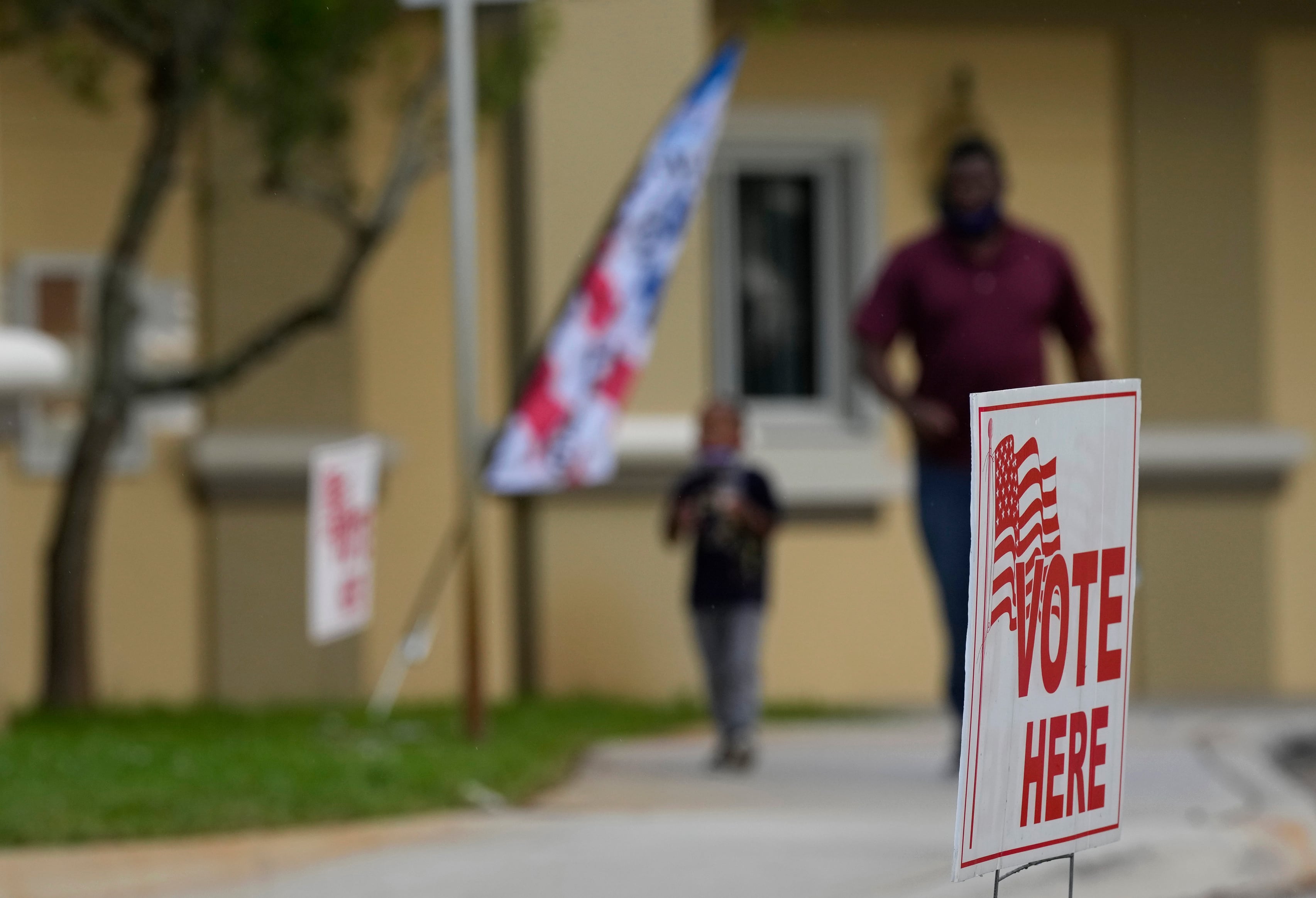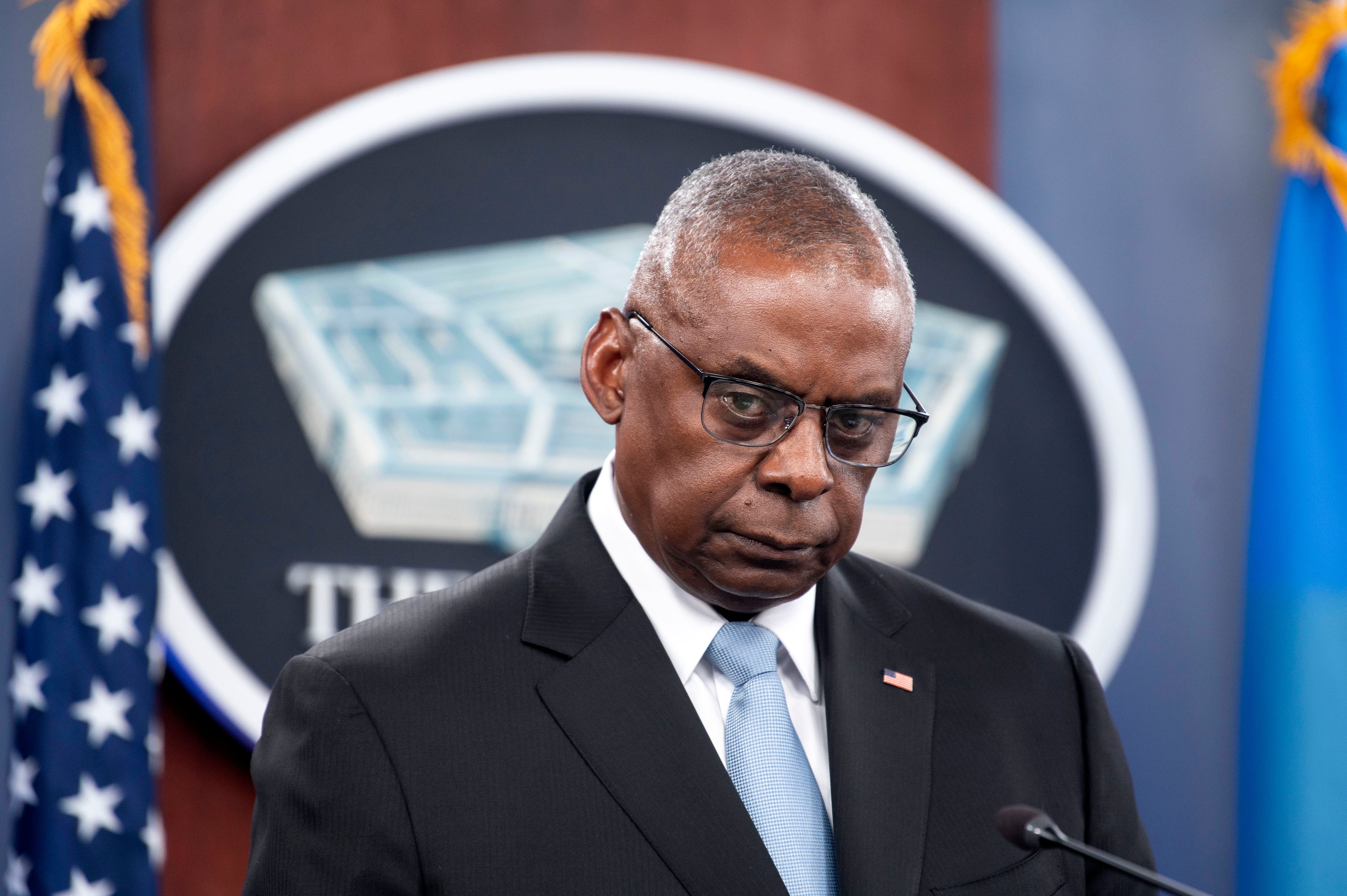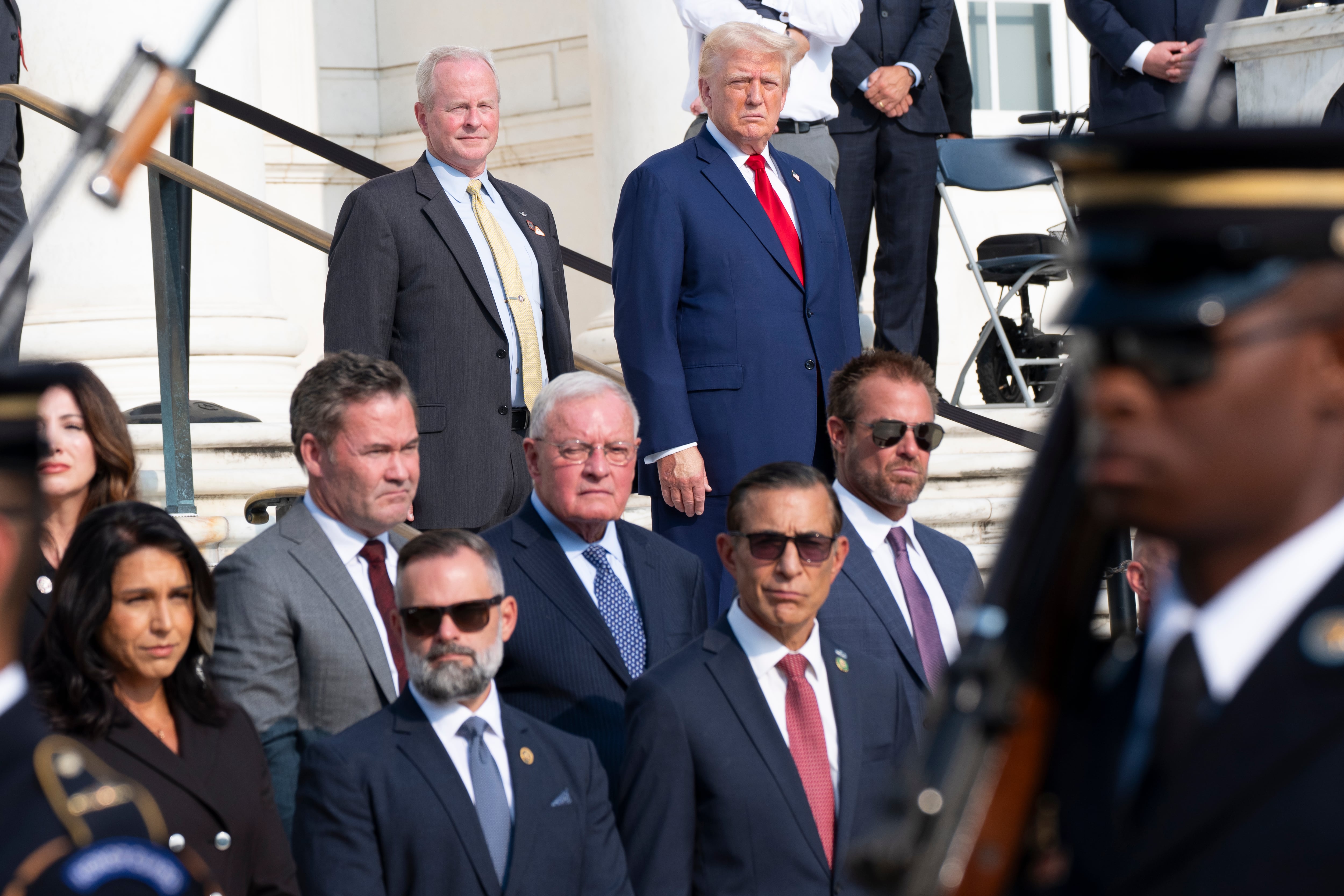WASHINGTON — Veterans face a higher risk of developing Alzheimer’s disease than civilians who never served in the military, presenting a major medical challenge to the country’s responsibilities for veterans’ health care, advocates said in a new report Monday.
The analysis — compiled by the new group Veterans Against Alzheimer’s — note that post-traumatic stress disorder, traumatic brain injury and even more minor neurotrauma associated with military service all significantly increase the risk of developing the fatal disease.
The number of Department of Veterans Affairs enrollees with Alzheimer’s doubled from 2004 to 2014, and is expected to grow higher still in years to come. More than 750,000 older veterans nationwide suffer from the disease or associated dementias.
“This is a looming pandemic, and promises to be the health issue of the 21st century,” said George Vradenburg, chairman of Us Against Alzheimer’s, the parent organization for the new group.
Advocates’ goal with the new venture is to find ways to partner with existing veterans groups, medical researchers and care coordinators to both help families dealing with the disease already and find ways to prevent it in veterans who may be predisposed to the illness.
It also includes working to connect affected veterans with additional health options, including clinical trials, both inside the VA system and in the private sector.
Ryan Gallucci, director of the National Veterans Service at Veterans of Foreign Wars, said that may include new legislation to expand VA medical care options for individuals with Alzheimer’s and increasing awareness of available resources among their members.
“Education is critical,” he said. “We’re not experts on treating Alzheimer’s or dementia, but we know that our members cope with this. And we have the ability to reach them in ways that VA and the health care advocacy community may not be able to.”
Gallucci said the work with the new group also serves as an extension of the group’s outreach on mental health issues, which have been focused in particular on younger veterans. More than one-fifth of combat injuries from the recent wars were brain injuries, putting the latest generation of service members at extra risk of contracting Alzheimer’s.
Recent research has shown that a future dementia diagnosis is twice as likely for veterans with PTSD as those without the disorder, and may be as high as four times more than civilians who never served. Symptoms of depression and other brain trauma also appear connected to higher rates of Alzheimer’s later in life.
Shawn Taylor, president of Veterans Against Alzheimer’s — whose father and grandfather were both veterans who contracted the disease — said those indicators show the need for more research into mitigation and prevention efforts earlier in life, as the average age of veterans nationwide continues to climb upwards.
“Trauma rewires the brain, we know that for a fact,” she said. “We must do more to help veterans who have done so much for this country. We need to understand so much more why brain injury sustained in battle put veterans at a greater risk.”
For more information, visit www.VeteransAgainstAlzheimers.org.
Leo covers Congress, Veterans Affairs and the White House for Military Times. He has covered Washington, D.C. since 2004, focusing on military personnel and veterans policies. His work has earned numerous honors, including a 2009 Polk award, a 2010 National Headliner Award, the IAVA Leadership in Journalism award and the VFW News Media award.




